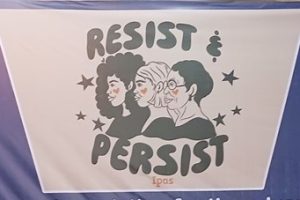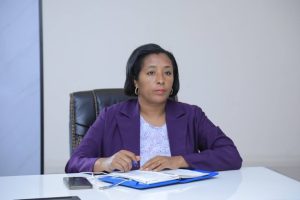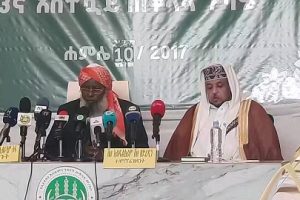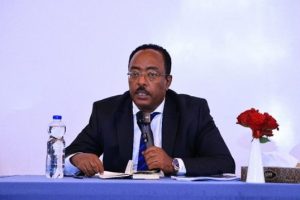
Despite taking immediate legal measures against the perpetrators of evil acts, the government must focus on creating strong institutions [that ensure laws] and generation that is capable of solving the long -lived grievances among the people induced by various historic social, economic and political misdeeds, experts recommend.
In his recent discussion with teachers, Prime Minister Dr. Abiy Ahmed noted that the government works day in and day out to strengthen the judicial bodies and to expand the ongoing reforms in all sectors. He also noted that he has organized a think-tank [reconciliation commission] in a bid to find out solution for the longstanding ethnic conflicts through conducting researches. But, the nation is still being engulfed with a number of unrest.
Why is that? Hawassa University Law Lecturer Anbese Fura believes the major reason behind all disorders is the many-year old weak coordination and structure of the legislative, executive and judicial bodies of the government.
Particularly the security bodies including the police and defense forces, courts, and general attorney are not well organized yet and they are also dysfunctional at the lower administrative levels, he says. On the other hand, the country has elapsed with various economic, political and diplomatic problems.
Historical misunderstandings and misinterpretations are also other gaps that add to the social turmoil, he states. “It takes time to curb these problems at once as the government is now undertaking reform not revolution.”
Moreover, the current major problem is related to ethnic-based demands and conflicts. The government had been extensively preaching ethnic based structure that echoed diversity than unifying symbols or historical experiences, he notes. Today’s generation is taking part in unnecessary group squabbling ignoring the long-lived cultural coexistence and tolerance among various communities, believes Addis Ababa University Psychology Professor Habtamu Wondimu.
The result of the weak administration enabled the wrongdoers to use ethnicity as an excuse for any misfortunes, in doing so, they have inflicting harm on innocent people. In this regard, various citizens have been died, displaced and property damage has also been widely reported, according to Anbese.
A recent assessment conducted by the Ethiopian Human Rights Council indicated that over 200 peoples were died due to the instability and ethnic conflicts in Amhara, Beninshangul Gumuz, Ethiopian Somali, Oromia, and SNNPs States over the past four months. The report also indicated that more than 1,000 peoples also displaced in ethnic conflicts. Due to the conflict, higher education students left to home withdrawing from their respective universities.
The report urged the government to take legal measures against perpetrators and armed groups to pacify the nation and protect civilians.
The government must use its power to control perpetrators, strengthen institutions and systems to stabilize the nation in the long run. And the people should cooperate to uphold peace and stand against the political manipulators, Anbese says adding, if the situation continues with the same pace, it will get worsen “We might fail as a state”. Asked about whether the next general elections would bear up peace or not, Anbese notes that the public must rely on nationalism so that everyone would play due role for country’s stability.
Those higher education institutions must focus on practical life routines than preaching merely an academic theory. Both teachers and students must develop peaceful conflict management scheme, Professor Habtamu recommends.
The generation has to have the positive understanding of others and raise relevant ideas about the country to decorate the future, he says. Youths need to experience logical argument and tolerance to reduce common misunderstandings. Here, they should abstain from aggravating conflicts and widening individual’s disagreement to ethnic clash, he notes. The experts believe that strengthening security and judicial institutions and civic societies is a critical step to bring about lasting peace. Moreover, creating generation that communicates in ideas would enable the nation to progress in all sectors in the long run, according to the experts.
Herald January 22/2019
BY YOHANES JEMANEH





